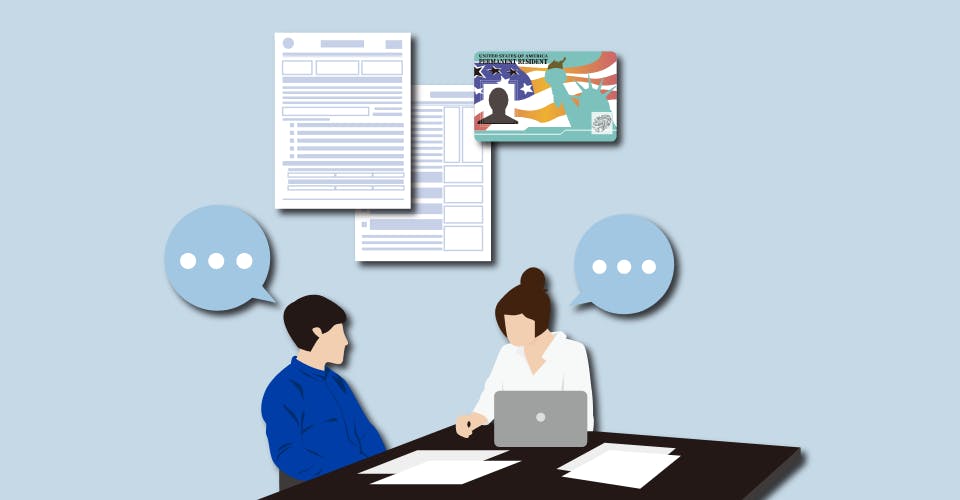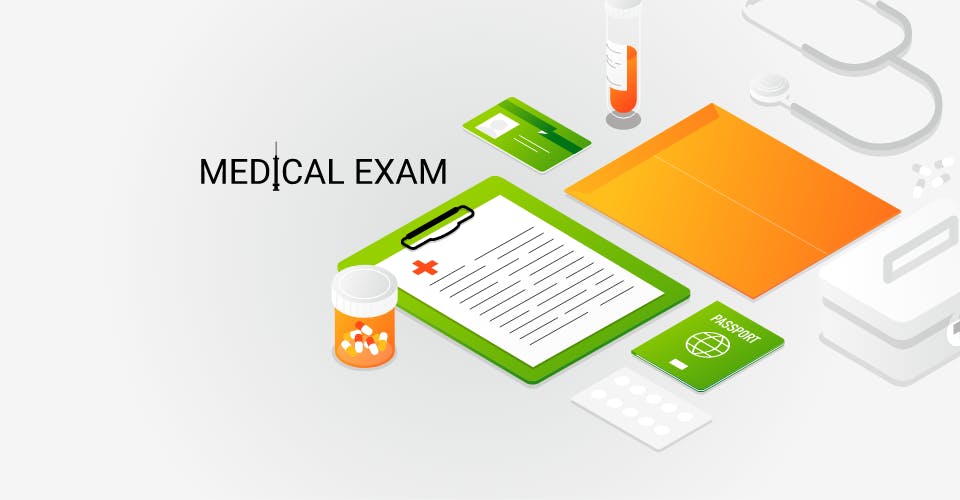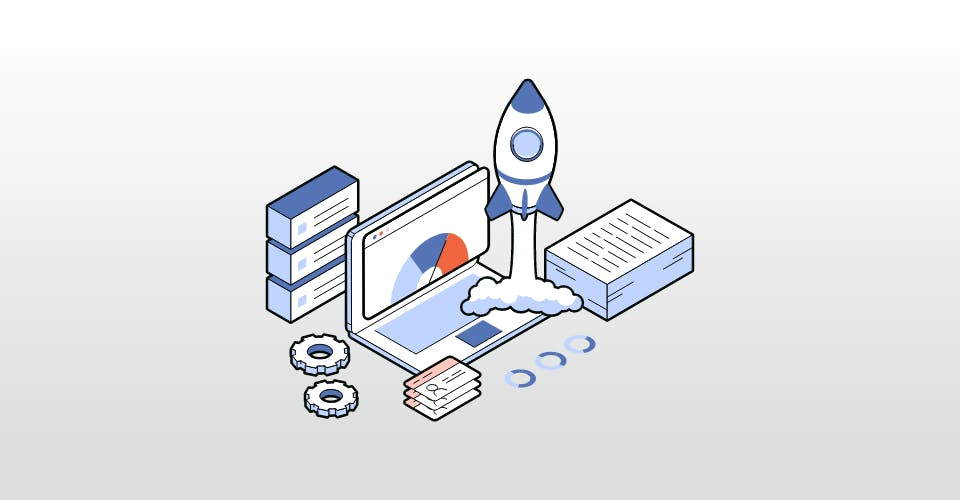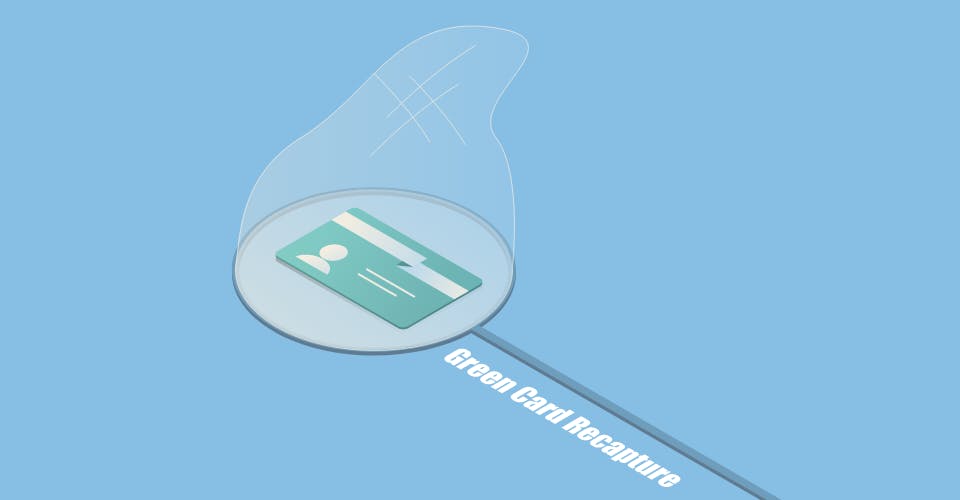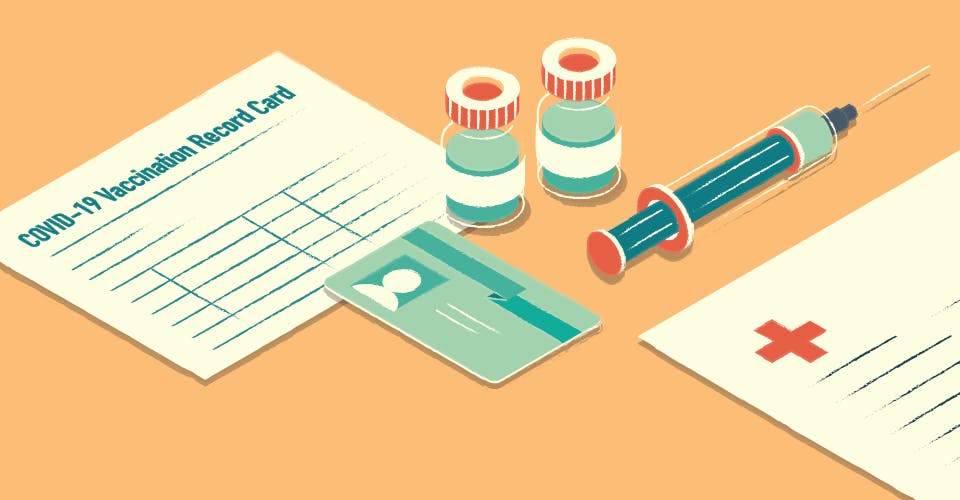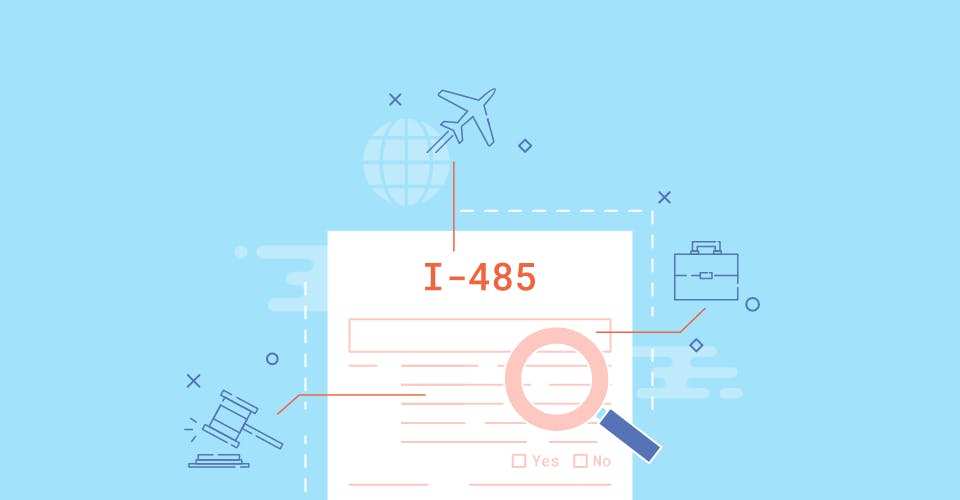Marriage green card interviews involve both marital partners showing up to a prescribed USCIS interview. In such a session, the interviewer questions the I-485 applicant as well as their marital spouse as to the legitimacy of their marriage, when the couple met, and other key information to make sure that the union is genuine and not a case of fraud.
While getting married to a U.S. citizen is one avenue for being granted a green card in the United States and achieving permanent legal status, so is the employment based method, of which an immigrant files an adjustment of status (I-485 application) based on their professional status, and is petitioned on behalf of to remain in the U.S. as a legal resident under such circumstances.
The employment based green card interview does not feature a marital spouse. Instead of being questioned on ones relationship status, the interviewee will be questioned on their career, where they went to school and what their educational history is like, and also the nature of the I-140 Petition that an employer signed on their behalf.
For example, during an employment based green card interview, an applicant can be expected to respond to the following:
- The duties and salary agreed upon in the position outlined in the I-140 petition
- Details about previous employment that qualified the individual in the first place for a new job that is being petitioned upon
- Biographic information in ones I-485 adjustment application
- The nature of the work they have done in the past including their university education
- What are your spouses/child’s details?
- Is there an agreed upon duration of the employment, why/why not?
- Whether you have decided to work somewhere else regardless of your approved I-140
Note: In order to make it to the employment based green card interview, I-140 petitions have to be reviewed and processed in addition to ones case for their adjustment filing. Employers can take two routes when they are filing an I-140:
- Regular Processing, $700 filing fee, 6-9 months of processing time
- Premium Processing, $1225 filing fee, up to 15 days of processing time
Most employers will choose premium processing, if they are need of getting the new hire to start ASAP. However, I-485 applicants should be aware that in no capacity is an employer obligated to pay the filing. Some might, but those looking to change their status should be prepared to pay for premium processing.
Documents Needed
In preparation for the employment based green card interview, applicants need to be prepared for the interview with printed out materials to facilitate a smooth process. This is similar to any other green card interview or consular processing where documents will be requested and confirmed by reviewing officers.
As such, here is a list of documents needed for the interview:
- Your I-94 Record (Arrival-Departure Record Card— Form used by CBP intended to keep track of arrival/departure to/from the U.S. of people who are not citizens)
- All current Passports with records of visas (visa stamps/entry/exit stamps)
- Photo or State ID
- I-140 Approval Notice
- Photocopies of transcripts and diplomas from accredited universities
- A signed letter from your petitioning employer confirming job offer (company letterhead recommended)
- Up to date Medical Exam completed by a USCIS authorized physician
- I-20s or I-797 approval notices or other evidence that you are a non-immigrant
- Your two most recent pay stubs and three years of tax receipts
Please be aware that there is a difference in the documents you will need to bring depending on whether you are already in the U.S., or whether you are taking the consular processing route. The above documents pertain to USCIS interviews in the United States at a designated field office. If you plan on traveling to the U.S. to receive your employment green card via consular processing, you will need to bring the receipt of your DS-160 fee payment (for travel to the U.S.). In addition, having a tax record with the IRS will be unlikely in such a circumstance.

